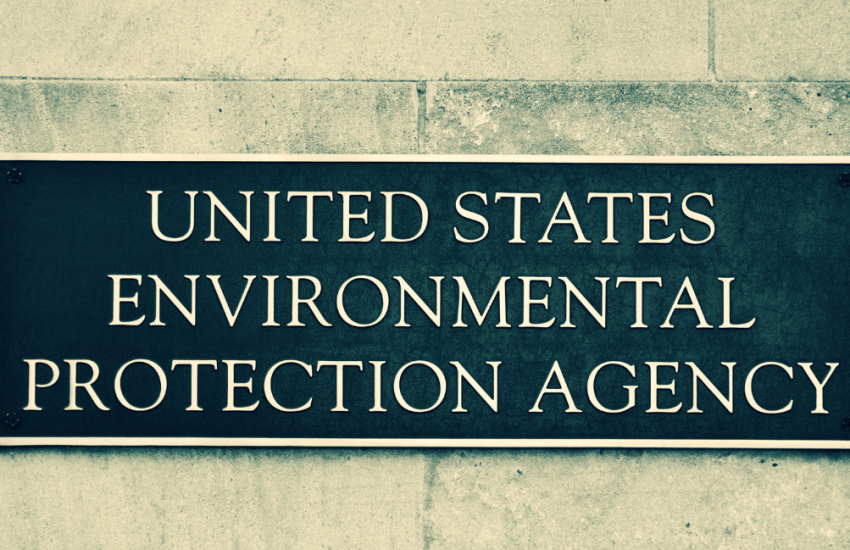In 2007, Massachusetts sued the United States Environmental Protection Agency because the state’s government, joining a collection of private organizations, did not think EPA was doing enough under the Clean Air Act (CAA) to regulate emissions of greenhouse gasses. The EPA rejected the petition, claiming in substance that the CAA’s ambit of “air pollution agents” did not include carbon emissions, and that even if they did, there was not enough concrete evidence to be certain of a causal connection between the emissions and global warming. The Supreme Court rejected both arguments and ruled in favor of Massachusetts.
In 2009, in response to the Massachusetts decision, and based on substantial scientific research, the EPA issued what is referred to as “the Endangerment Finding” (EF). This sweeping pronouncement by the EPA identified that six gasses, namely carbon dioxide (CO2), methane (CH4), nitrous oxide (N2O), hydrofluorocarbons (HFCs), perfluorocarbons (PFCs), and sulfur hexafluoride (SF6), are being pumped into the atmosphere by motor vehicle engines, which is actively contributing to global warming and climate change, and creating a risk of harm to the population.
The EF was vindicated shortly after its issuance in 2011, when the DC Circuit Court upheld its conclusions as being supported by an “ocean of evidence.”
The most recent challenge came this year, when the Concerned Household Electricity Consumers Council (CHECC) led a petition to sue the EPA to reconsider the EF, arguing that it was not based in science and was forcing regulations on the economy that increase prices in electricity.
The Circuit Court for DC this on May 25 roundly rejected the CHECC’s claims of scientific authority. Crucially, the court also ruled that CHECC lacked standing to challenge the EF in the first place: “[the] CHECC draws no connection between the Endangerment Finding (which compels the regulation of motor vehicle emissions under [section] 202(a) of the Clean Air Act) and the price of residential electricity,” the panel said. “Indeed, CHECC’s brief does not identify a single regulation based on the endangerment finding that has affected its members.” It remains to be seen if the CHECC will appeal to the Supreme Court, but while the Circuit decision stands, the EF, having withstood challenges during the Obama, Trump, and Biden administrations, appears more indefatigable than ever.

